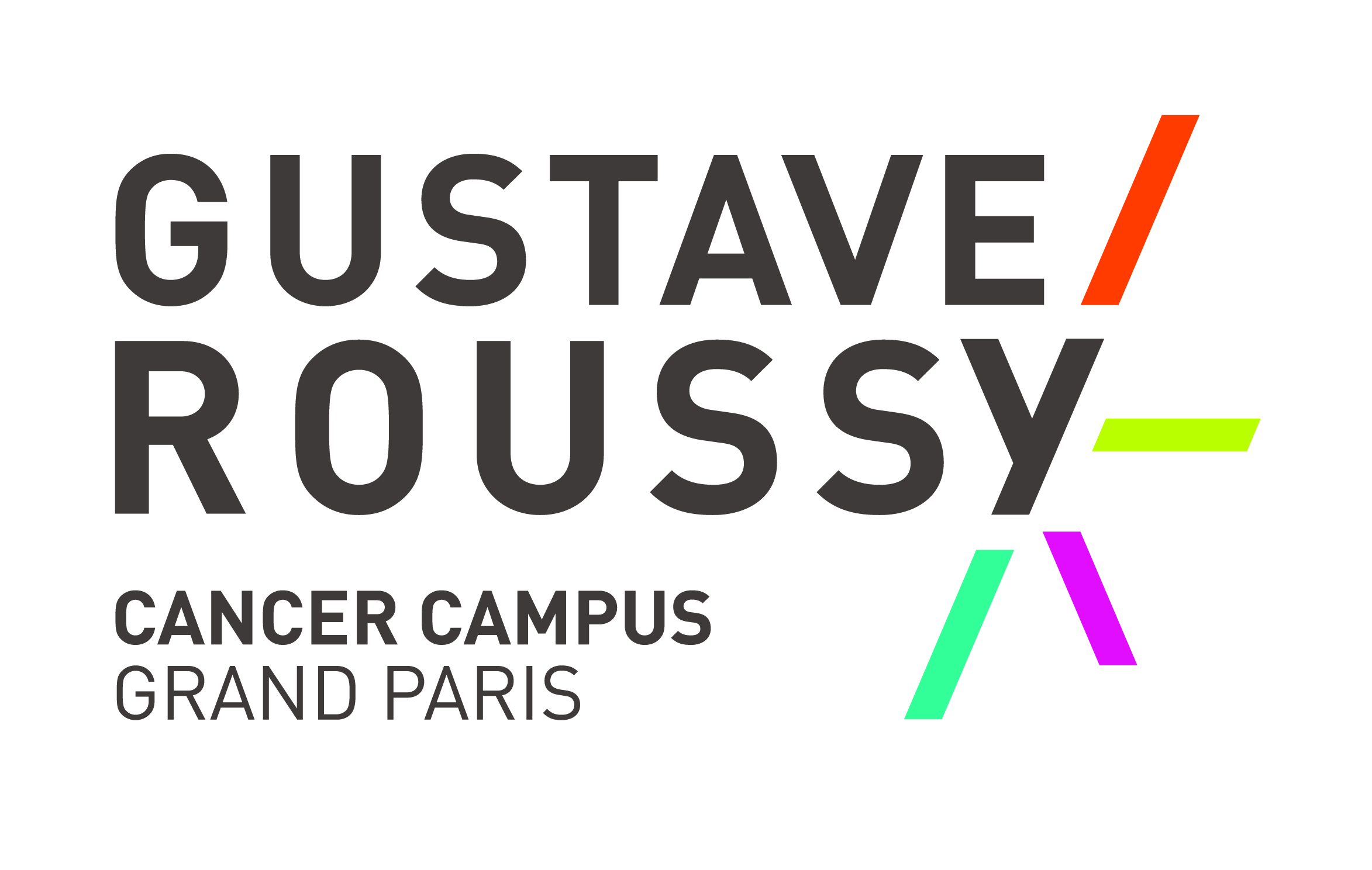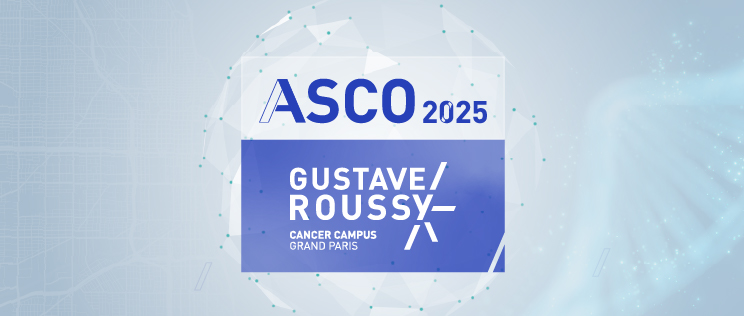Colorectal cancers are among the most common in France, with over 47,000 new cases diagnosed in 2023[1]. The treatment of the metastatic disease largely relies on a combination of chemotherapy and targeted therapy. However, for patients with advanced tumours, therapeutic options remain limited, particularly after failure of standard chemotherapy regimens such as FOLFOX and FOLFIRI. The KRAS G12C mutation, found in approximately 3 to 4% of colorectal cancers, is associated with poor prognosis and resistance to EGFR inhibitors when used alone.
It is in this context that the international phase I/II LOXO-RAS study, sponsored by Loxo Oncology, has been conducted. LOXO-RAS aimed to evaluate the combination of a second-generation KRAS G12C inhibitor, olomorasib, with the anti-EGFR targeted therapy cetuximab. The goal? To overcome resistance mechanisms by combining two complementary approaches to improve treatment response in heavily pre-treated patients. The results have been presented at the ASCO 2025 Congress by Dr Antoine Hollebecque, oncologist at the Department of Therapeutic Innovation and Early Trials (DITEP) at Gustave Roussy.
A Promising Response Rate
The trial enrolled 93 patients with metastatic KRAS G12C-mutated colorectal cancer, who had received an average of three prior lines of therapy. Two doses of olomorasib were tested, and the novel treatment was generally well tolerated, with most adverse events being grade 1 or 2, mainly gastrointestinal or dermatological – typical with an anti-EGFR combination.
Among these patients, often at the end of therapeutic options, the LOXO-RAS trial results were highly encouraging. The objective response rate — including complete and partial responses — reached 42%. Disease control was observed in over 90% of cases. Progression-free survival reached 7.4 months. These results are considered positive in such a difficult-to-treat population.
“These data confirm the relevance of combination approaches to circumvent resistance in KRAS G12C-mutated cancers,” says Dr Antoine Hollebecque. “They pave the way for new personalised treatment strategies in situations where options have until now been extremely limited,” he concludes.
This combination could eventually become part of the therapeutic arsenal for patients with advanced colorectal cancer carrying this specific mutation. The results of the LOXO-RAS study support the launch of phase III registration trials using these new-generation KRAS G12C inhibitors.
Oral abstract session presented by Dr Antoine Hollebecque.
Friday, 30 May 2025 | 16:57 UTC-5.

